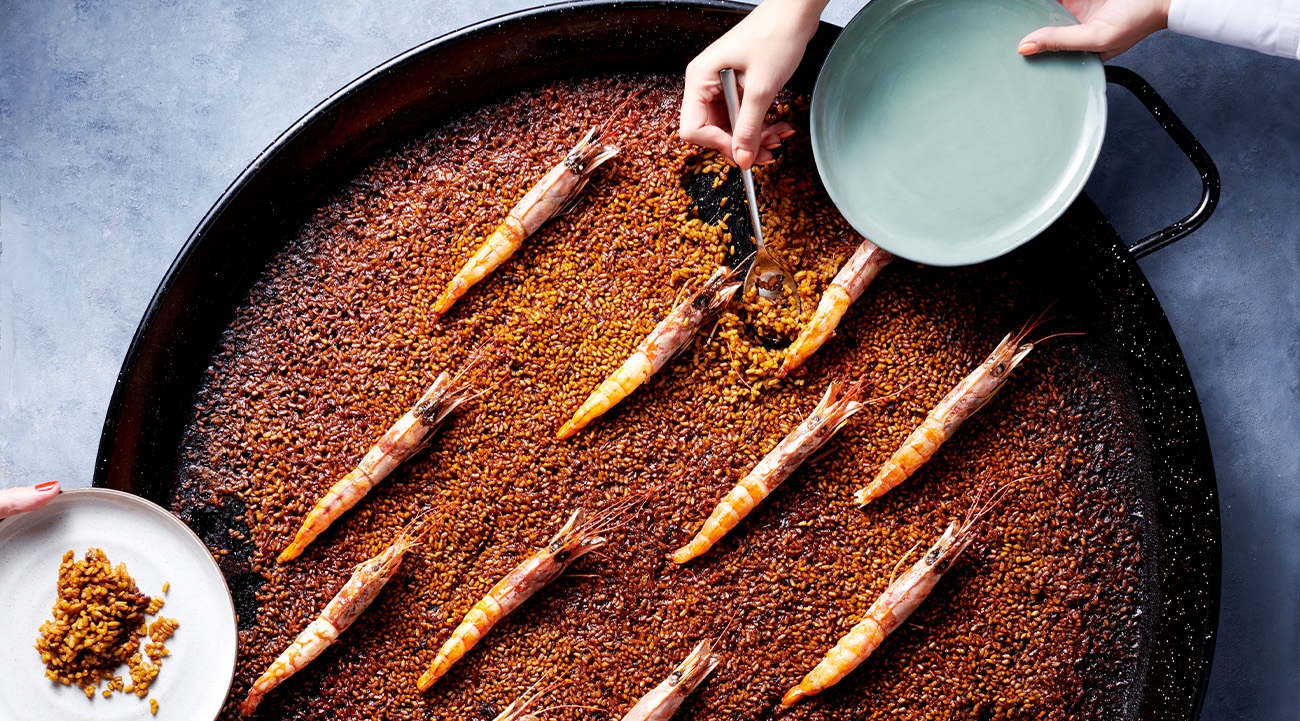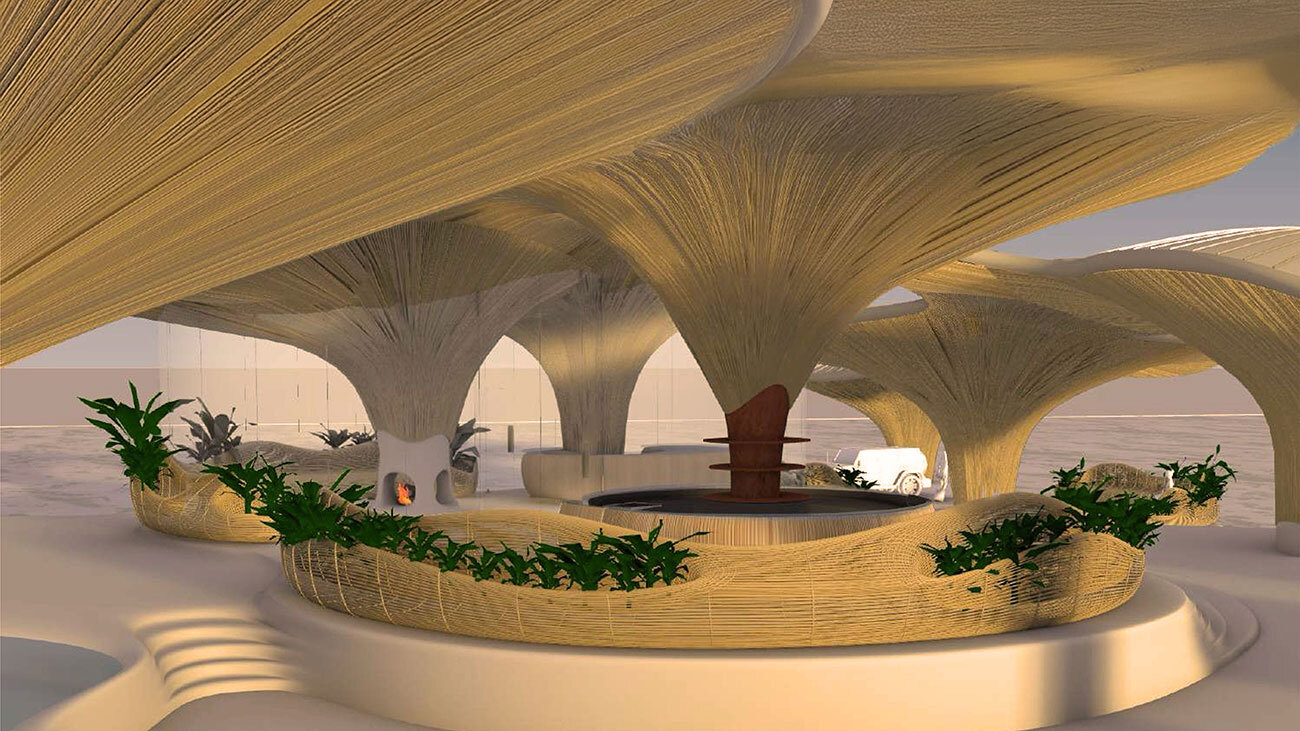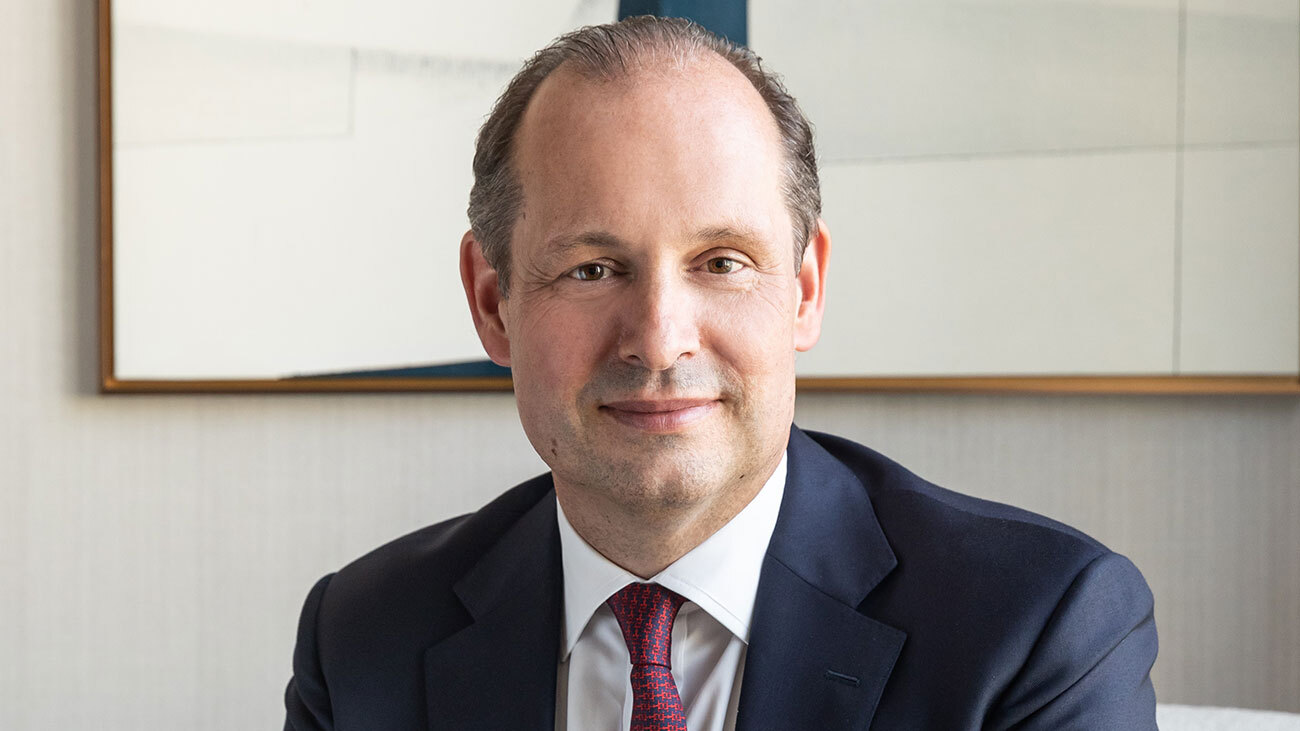Culinary cravings: The chefs and hotels driving Dubai's gastronomic boom
The appetite for gastrotourism is stronger than ever. According to Virtuoso’s 2024 Luxe Report, 70% of its travel advisors have seen an increase in demand for culinary tourism. Among these travellers, 47% spend between $10,000 and $25,000 per trip.
While the report highlights Italy, France and Mexico as popular food-centric destinations, the Middle East is fast becoming a culinary hotspot thanks to a rise in high-end restaurants, celebrity chefs and pioneering dining concepts. The World’s 50 Best Restaurants Middle East and North Africa ranking recognises the diversity of gourmet venues across the region in destinations such as Beirut, Abu Dhabi, Riyadh and Amman. But there’s one city that is particularly in the spotlight: Dubai, which boasts 18 restaurants on the list.
The city also became the first destination in the Middle East to join the Michelin Guide, in 2022. This year’s Dubai edition lauds 106 restaurants – including four two-starred venues – marking a 53.6% increase since the guide’s inception. These accolades are boosting the emirate’s status as a luxury culinary destination, not only attracting affluent foodies, but talented new chefs to add to the city’s growing roster.
“Dubai has changed a lot in recent years. Its population has grown, bringing different nationalities and cultures that add an amazing depth to the culinary scene. And with Michelin Guide and World’s 50 Best, there’s a lot more competition attracted to the city,” says British chef Jason Atherton, who opened his third restaurant in Dubai’s Grosvenor House, a Luxury Collection Hotel, last September. Row on 45 achieved two Michelin stars in this year’s guide. In 2023, the Michelin Guide launched in Abu Dhabi, recognising 46 restaurants and awarding four stars. Also set to expand to Doha, Qatar, in 2025, it’s expected that these cities will experience the same gastronomic boom, extending the Middle East’s culinary map.
Luxury landscape
With the prestige of the Michelin Guide and World’s 50 Best rankings bolstering Dubai’s fine-dining offering, a strong culinary line-up has become a non-negotiable for new high-end hotels in the city. The number of luxury keys has increased from 59,000 in 2021 to more than 66,000 in 2023, and the UAE Tourism Strategy is striving to welcome 40 million hotel guests annually – in 2022, 25.2 million guests visited the region.
Dubai’s luxury boom is clearly showing no signs of slowing down. Atlantis The Royal, which opened in 2023, is home to 17 restaurants and bars that have brought several world-renowned culinary names to the city including Dinner by Heston Blumenthal, La Mar by Gastón Acurio, and Jaleo by José Andrés. Sister hotel Atlantis The Palm’s 32 restaurants and bars include Michelin-starred Ossiano by chef Grégoire Berger and Hakkasan. “Guests want to see restaurants by renowned chefs, so our portfolio of celebrity partnerships is super-important in positioning ourselves as a top culinary player within the city,” says Cedric Darthial, vice-president of food and beverage at Atlantis The Royal.
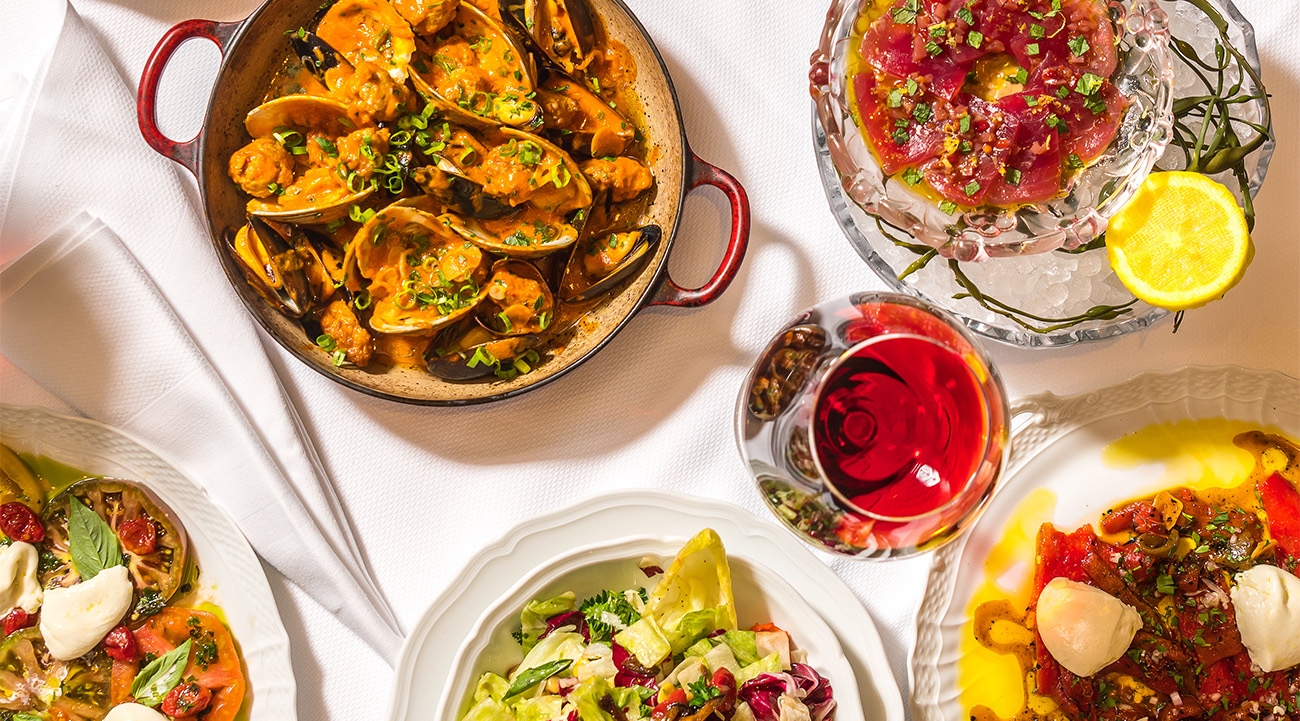


Other luxury openings have also convinced new talent to move to Dubai. The Lana, Dorchester Collection – which opened in April – saw Spanish chef Martín Berasategui, who has led eight Michelin-starred restaurants, open his first venue in Dubai, Jara. New Kerzner property One&Only One Za’abeel has a diverse culinary offering, home to eight restaurants. The most coveted seat is undoubtedly at Anne-Sophie Pic’s Le Dame de Pic, which marks the chef’s first foray into the United Arab Emirates. The La Dame de Pic venues – including restaurants in London, Paris and Singapore – boast five Michelin stars between them, one of which was awarded to the Dubai outpost within six months of opening.
This robust high-end offering is a strong incentive for affluent travellers keen to tick several Michelin venues off their lists and visit new eateries from international talent. Sarah Hedley Hymers, editor of Aspire’s Dubai-based sister website Connecting Travel, says: “Hardcore list travellers will book flights to a destination if there’s enough Michelin stars. Dubai’s four two-Michelin-starred restaurants now create an even stronger incentive for ‘galloping gourmands’ who travel especially for food.”
Culinary investment appears to be paying off: Dubai is set to have a record-breaking year for tourism. Between January and June, the city has already welcomed more than nine million tourists with the largest source market coming from Western Europe, accounting for almost two million visitors.
Elevation and expansion
As Dubai’s culinary landscape becomes progressively elevated and competitive, chefs and hoteliers alike need to continually raise the bar to impress new and returning guests. On the back of its Michelin win, Row on 45 is welcoming a new tasting menu this month. “I think it’s the best menu I’ve ever done,” says Atherton.
Atlantis Dubai is also increasingly adding to its offering to ensure it retains its status as one of Dubai’s culinary hotspots. “We always want to be ahead of the competition, so every year, we try to inject something new into our food and beverage offering,” says Darthial. Later this year, Björn Frantzén is set to open two restaurants at Atlantis The Palm. Frantzén ranks 35th on the World’s 50 Best restaurants list for his Stockholm venue, while his restaurant in Singapore has three Michelin stars.
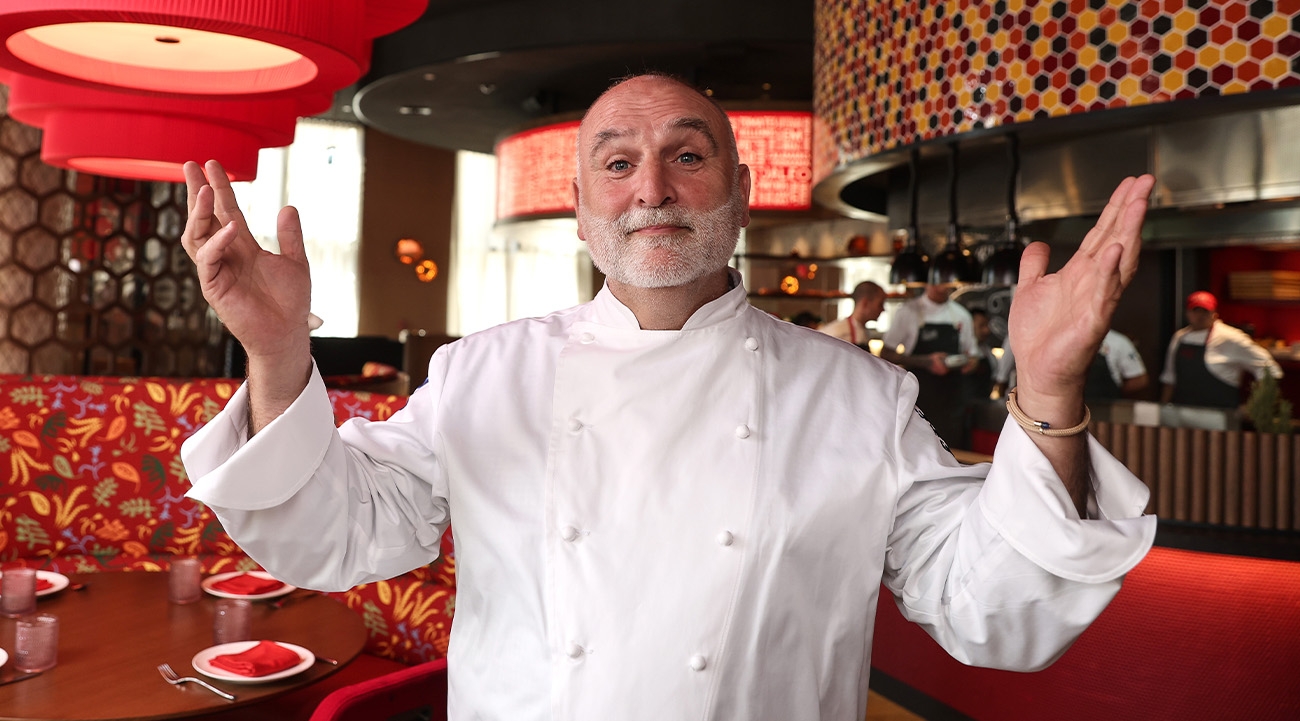
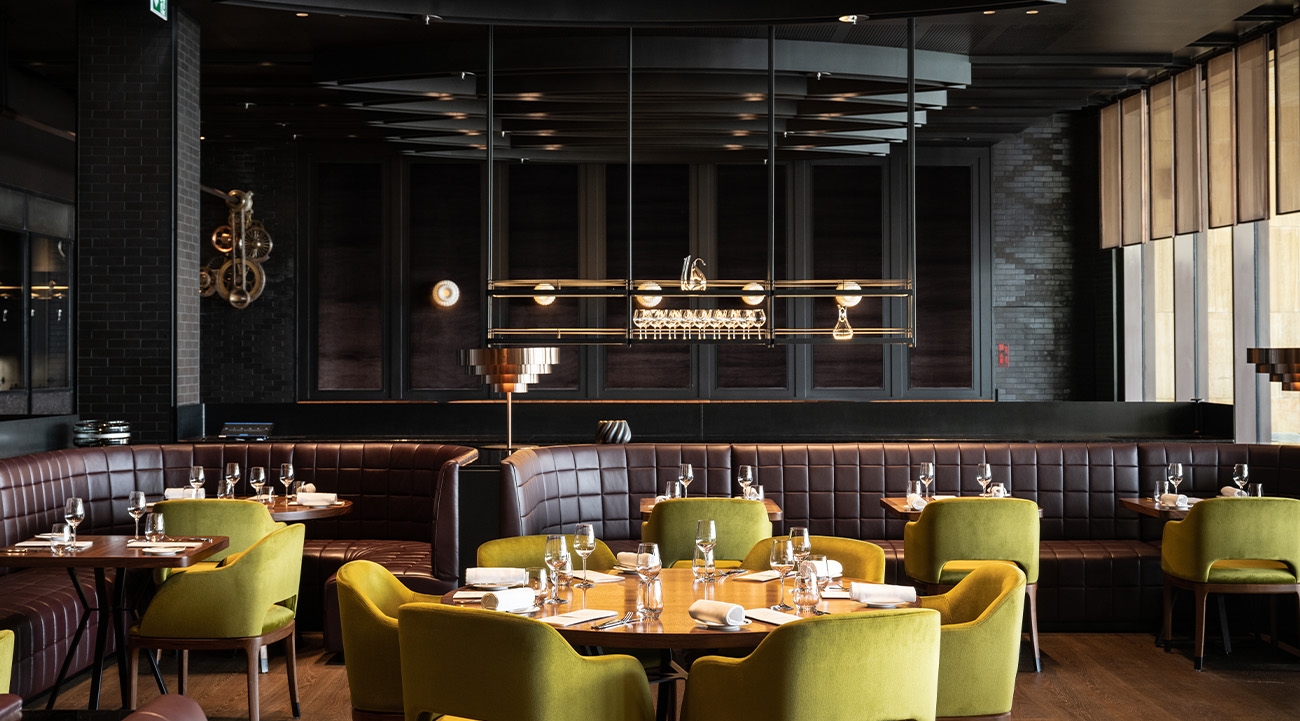
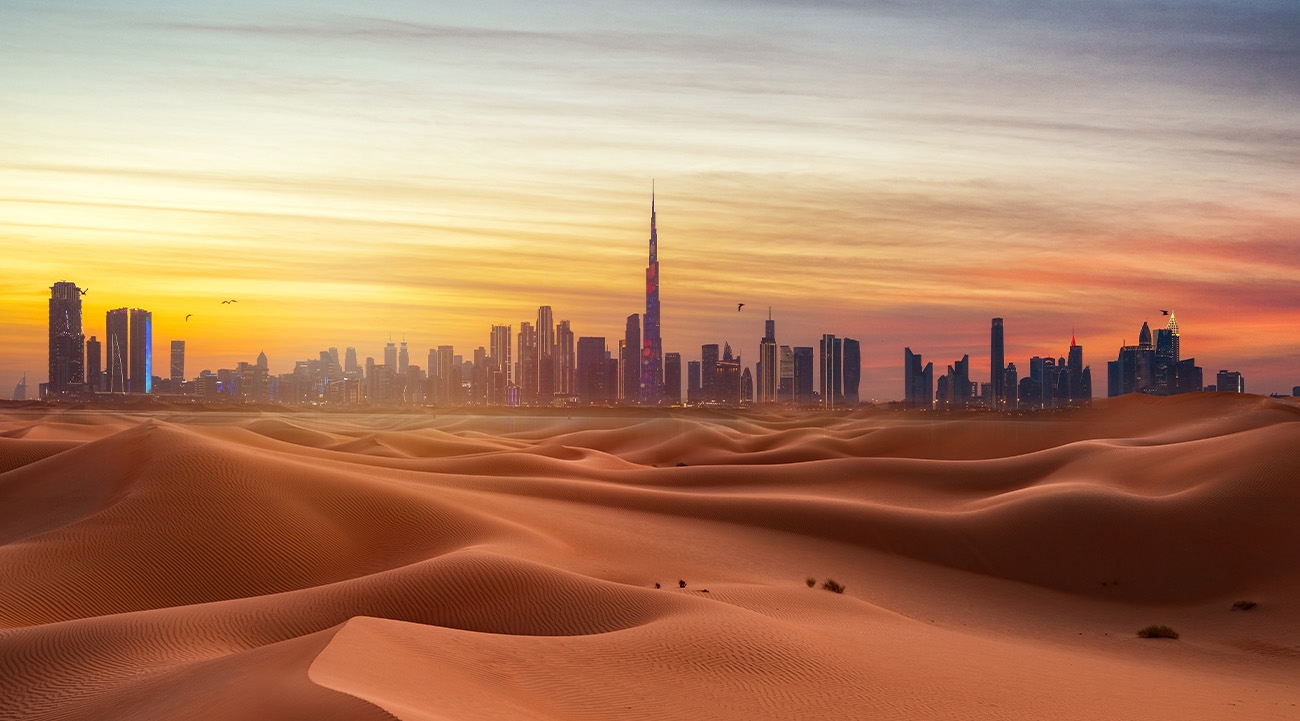
Atlantis The Royal will be welcoming a new restaurant, Carbone, early next year. This New York City haunt, popular with A-listers and celebrities, has also recently expanded to Doha and Saudi Arabian capital Riyadh, further emphasising the allure of emerging destinations in the Middle East for restaurateurs.
Darthial is optimistic about the Michelin Guide’s impact on up-and-coming cities Abu Dhabi and Doha. He says: “Adding [these cities] to the Michelin roster will be an amazing opportunity for celebrity chefs to expand. I think the elevation of the food scene will drive tourism, but it’s a long-term investment.” Hedley Hymers agrees that it may be a “slow process”. She says: “The guide is very much in its infancy in the first year, but then it gets interesting as chefs become more established and new talent comes in. It’s a snowball effect.” If your food-enthusiast clients are yet to explore the Middle East, Dubai should be their first stop, while other rising stars in the region vie not to be overlooked.
Trend spotlight
Increased exclusivity and an enhanced guest experience make collaborations an attractive offering in the world of luxury travel. For passionate foodies, however, no partnership would be more tempting than the chance to experience a one-night-only menu, a limited-time pop-up or events bringing together top names in the industry. Luckily for them, Dubai is creating an irresistible offering.
In July, chefs Grégoire Berger, who spearheads Atlantis The Palm’s Michelin-starred Ossiano, and Mohamad Orfali – the chef behind the top-ranked venue in the World’s 50 Best Restaurants Middle East and North Africa listing, Orfali Bros – joined Jason Atherton at Row on 45 to offer a one-night, 17-course menu for just 22 guests.
Limited-time pop-ups and special events give travellers the chance to get a taste of new talent too. From October 24-26, gastronomy guide Gault&Millau will host its inaugural Culinary Innovators event in Dubai, which will feature an 11-course tasting menu with a signature dish from 11 renowned chefs. Atlantis Dubai is also set to host the sixth iteration of its annual Culinary Month later this year.
